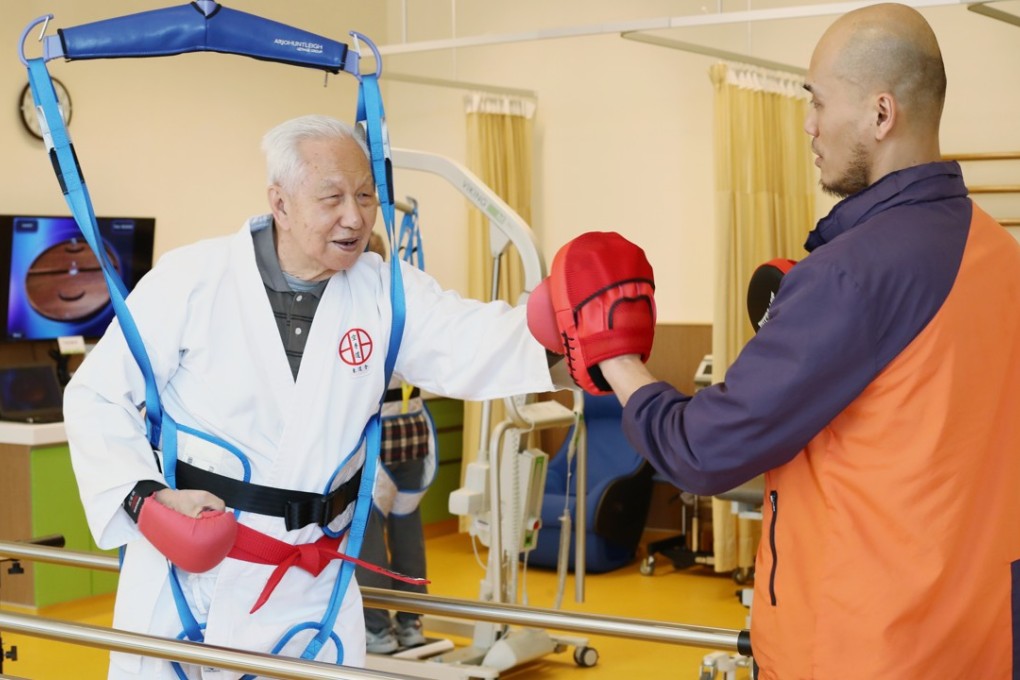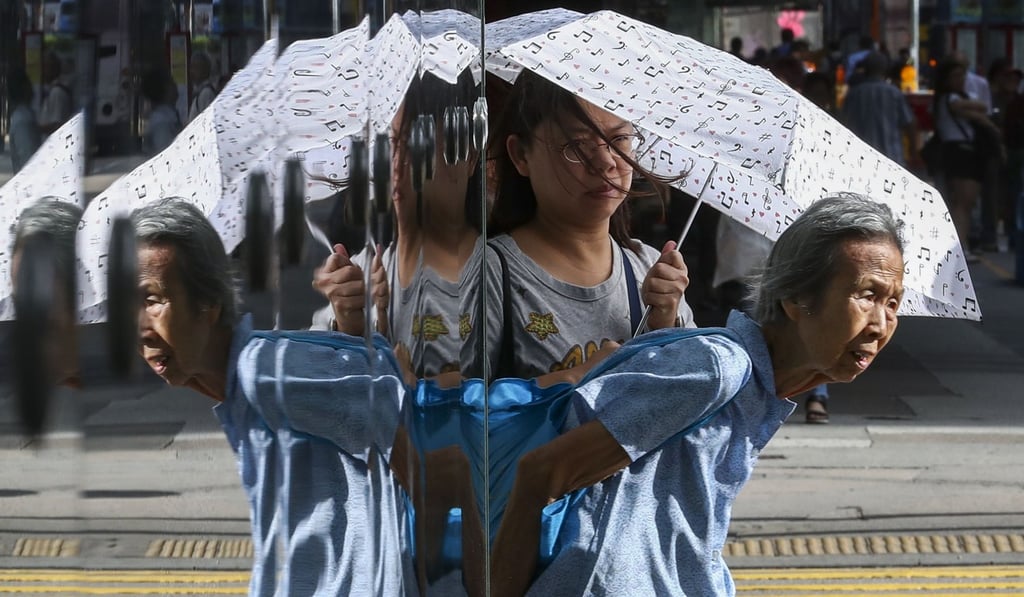How Hong Kong can make its ageing society an ‘age-friendly society’ that benefits everyone
Paul Yip and Asghar Zaidi say that with Hong Kong’s 65 and older population set to double over the next 25 years, investments in health care, education, job training, fair wages and an efficient retirement system are necessary to care for the elderly while benefiting the young

The popular HK$2 public transport subsidy scheme, for example, is estimated to cost the government another HK$1.2 billion this year. Institutional care support for older adults, meanwhile, is insufficient. What is available is mostly expensive.
Such social protection measures naturally have a bias towards the elderly, and are therefore considered “aged-friendly” but not necessarily beneficial for younger people. An age-friendly society is a community in which everyone (young, and not so young alike) can live, work and enjoy living there.

